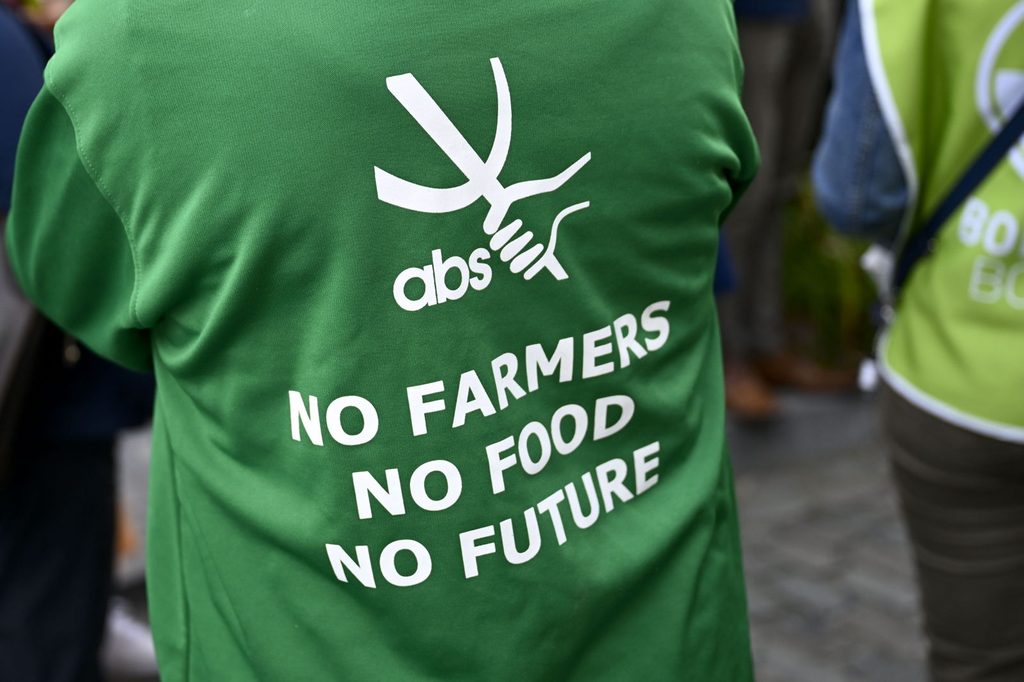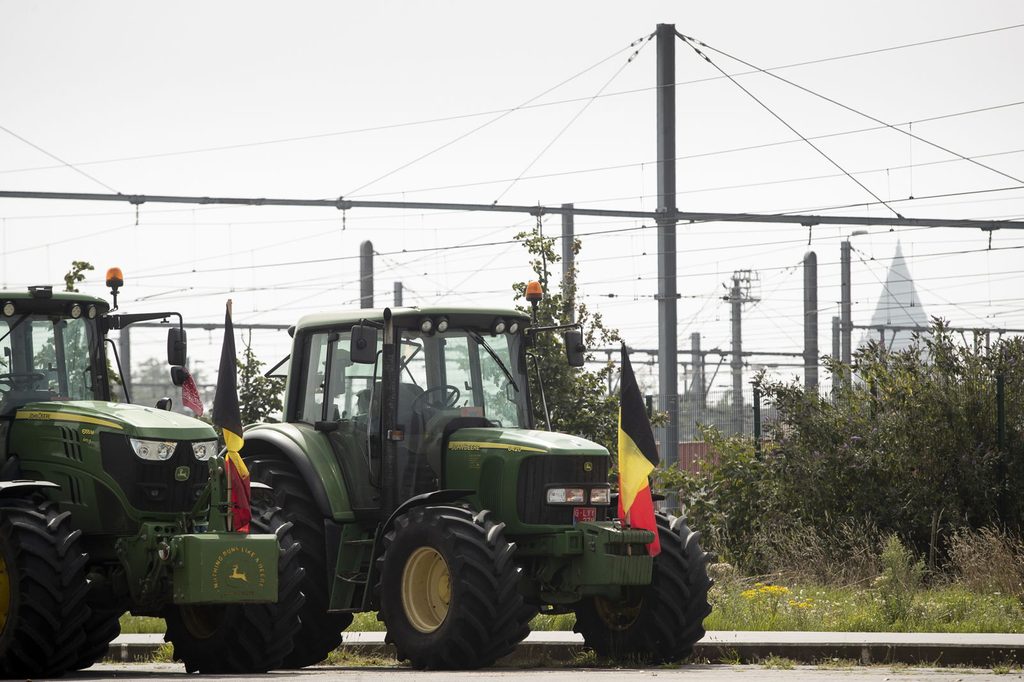The agri-food industry urged the Flemish parliament on Monday to amend the nitrogen decree that is currently on the table, as it would have a "huge impact" that could lead to the loss of one third of jobs in the industry.
Flemish Minister-President Jan Jambon delivered his traditional 'September declaration' to parliament on Monday, outlining key policies and budget plans for the coming year.
One of the most contentious issues facing the Flemish government is how to curb nitrogen emissions from agriculture and industry. After months of divisive negotiations, a decree was submitted to the parliament in July. As the decree is still awaiting advice from the Council of State, however, Jambon's speech only briefly touched on the issue.
"Now we have to wait for the Council of State. Legal certainty and reliability is what all entrepreneurs should expect from their government," Jambon said during his speech.
'Uncertainty and anxiety'
Nitrogen precipitation on natural areas must be greatly reduced by 2030. A plan to this end has already been approved, with substantial support to farmers. Still, the agriculture industry tried to draw attention to the issue.
"This creates a great deal of uncertainty and anxiety on many farms and throughout the agri-food industry," they said. The industry is calling for the decree to be "urgently adapted" and for a socio-economic impact study to be carried out.
Additionally, the nitrogen agreement, as it is currently on the table, stipulates that all peak emitters must achieve a 100% reduction in emissions by 2030, which means that livestock farmers would have to stop their stable emissions. They would still be able to continue other farming activities.

Credit: Belga
But the current draft regulation, which right-wing N-VA and liberal Open VLD submitted this summer without their Christian-democratic CD&V coalition partner, states that they must stop all activity. If the Flemish Parliament approves this proposal, 7,000 of the 8,000 professional livestock farms in Flanders would no longer receive permits.
As a result of these changes, the government would most likely have to set aside more money to compensate farmers. "There are two aspects to a buy-out scheme that need to be considered, apart from the emotional damage that such a measure would cause," agricultural consultant Wim Govaerts told agricultural magazine Vilt.
"The first aspect is the impact in terms of capital destruction. This is very different from farm to farm, depending on the initial situation. The second is the effect on future profitability," he added. "In this respect, the government will have to allocate more budget to compensate peak loaders as defined in the draft decree than peak loaders as defined in the agreement, as they will have to cease operations completely."

